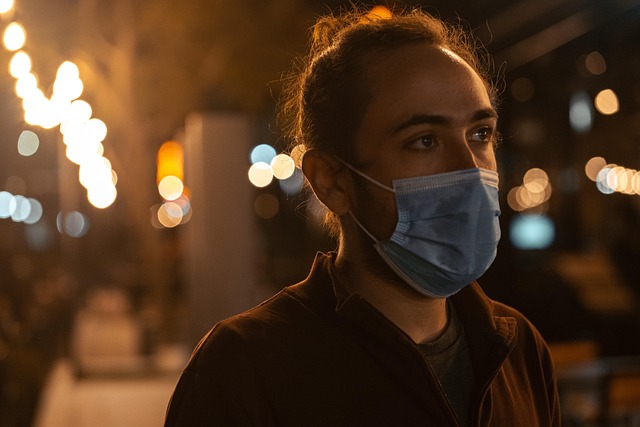Survivors of abuse at Lakeland Behavioral Health are bringing light to a dark past, sharing stories that expose a pattern of mistreatment within the institution. By advocating for transparency and change, they seek justice and ensure future protection for vulnerable individuals in mental health care. The journey to recovery involves emotional healing, therapy, reintegrating into society, building trust, and finding support in groups, ultimately fostering resilience and leaving the shadows of abuse behind.
In the heart of Florida, a dark chapter remains untold—the stories of abuse that emerged from Lakeland Behavioral Health. This institution, once a haven for mental health support, has left an indelible mark on those it was meant to help. Our article delves into the hidden trauma revealed by survivors, their journeys towards justice, and the resilient path to recovery. Through these personal narratives, we shed light on the stark reality of Lakeland Behavioral Health Abuse, emphasizing the importance of accountability and healing.
- Unveiling the Hidden Trauma: A Look into Lakeland Behavioral Health's Dark Past
- Survivor Stories: Facing the Challenges and Searching for Justice
- The Road to Recovery: Rebuilding Lives After Lakeland Abuse
Unveiling the Hidden Trauma: A Look into Lakeland Behavioral Health's Dark Past

In the shadows of what was once hailed as a beacon of mental health care, lies a dark past that has only recently begun to surface. Lakeland Behavioral Health, a facility that promised healing and support, instead became a stage for unspeakable abuse. Survivors’ stories reveal a web of mistreatment, where vulnerable individuals were subjected to traumatic experiences behind closed doors. This hidden trauma, long kept beneath the surface, is now coming to light, shedding a stark light on the consequences of negligence and maltreatment within the mental health system.
The revelation of Lakeland Behavioral Health’s dark past is a crucial step towards accountability and justice for those affected. It underscores the importance of scrutinizing institutions that hold such significant power over vulnerable populations. Survivors’ courage in sharing their narratives is instrumental in holding these facilities accountable, ensuring transparency, and fostering change to prevent future occurrences of similar abuses within the mental health care system.
Survivor Stories: Facing the Challenges and Searching for Justice

Survivors of Lakeland Behavioral Health Abuse have embarked on a journey of healing and justice, sharing their stories to shed light on the challenges they faced within the facility. These accounts highlight the emotional and physical struggles endured, often involving neglect, mistreatment, and abuse by staff members. Each narrative is a testament to resilience as individuals navigate the aftermath of their experiences, seeking closure and accountability.
By coming forward, survivors are revolutionizing the conversation around mental health care, emphasizing the need for transparency and reform. Their quest for justice not only seeks legal recourse but also prompts systemic changes to prevent similar instances from occurring. These stories serve as a symphony of resilience, urging the community to address the issues plaguing Lakeland Behavioral Health and ensure that no one else suffers in silence.
The Road to Recovery: Rebuilding Lives After Lakeland Abuse

The journey towards recovery for those who have survived abuse at Lakeland Behavioral Health is a complex and deeply personal process. Many survivors find themselves navigating a labyrinthine path, grappling with the emotional scars left by their experiences. The road to healing often begins with acknowledging the trauma and seeking professional support from therapists or counselors specialized in dealing with behavioral health abuse. This initial step is crucial in unraveling the complex web of emotions and memories associated with the abuse.
As survivors rebuild their lives, they must also confront the challenges of reintegrating into society while carrying the weight of their past experiences. It involves developing coping mechanisms, rebuilding trust, and fostering healthy relationships. Many find solace in support groups where they can connect with others who have shared similar experiences, creating a sense of community and understanding. Through therapy, support networks, and personal growth, survivors can begin to mend, transform, and emerge as resilient individuals, leaving the abuse behind and embracing a brighter future free from Lakeland Behavioral Health’s shadow.
The stories of abuse from Lakeland survivors highlight a dark chapter in the history of Lakeland Behavioral Health. By shedding light on their experiences, we can foster understanding and encourage progress towards healing. The road to recovery is complex, but with support and resilience, survivors can rebuild their lives. Recognizing the extent of the Lakeland Behavioral Health abuse is crucial for preventing similar tragedies and ensuring justice for all affected.
